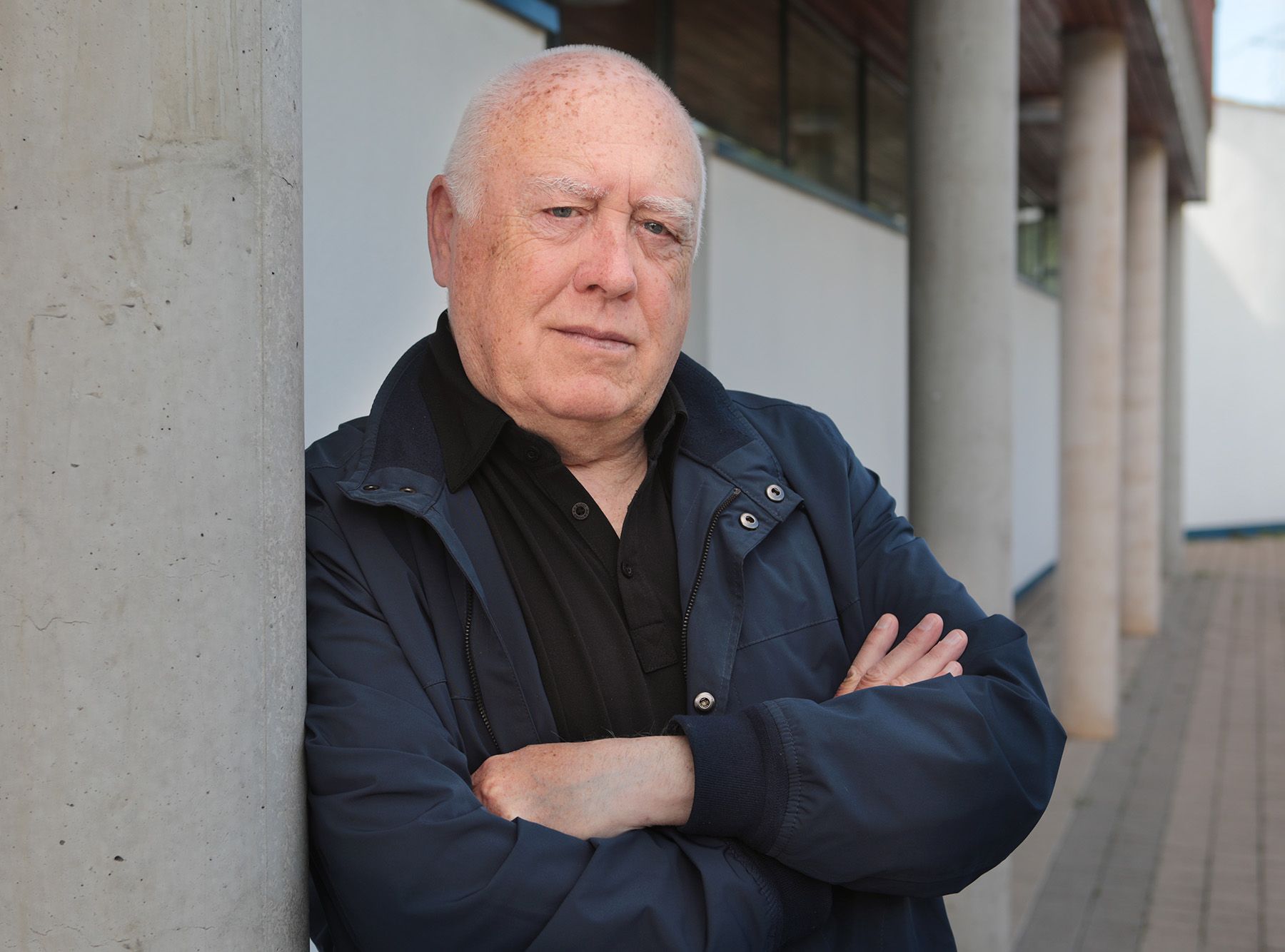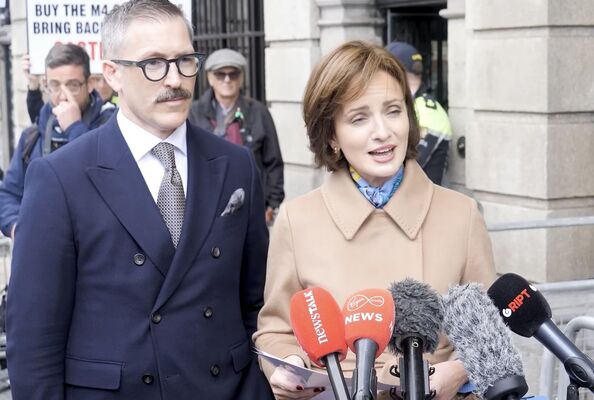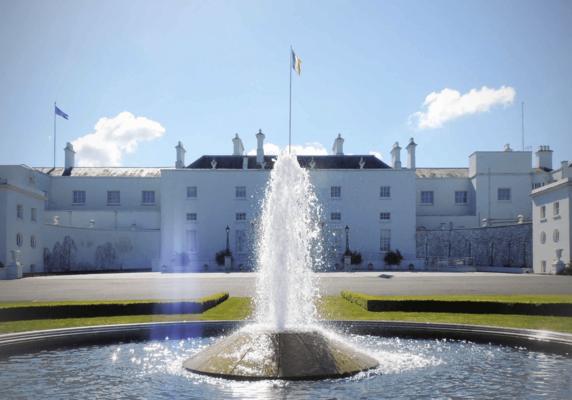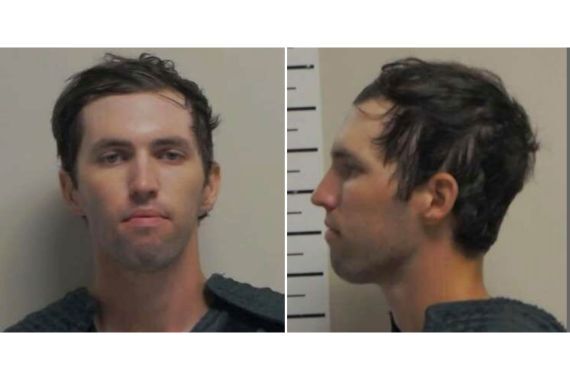DON'T be fooled by the title of Danny Morrison’s new book, 'All The Dead Voices'. It’s a quotation from Samuel Beckett and, yes, you do hear the voices of those who have died, but it’s also a book of twenty-five parts, each bursting with life in its many forms.
The book’s sub-title is 'A Memoir', and reading it is like sitting at the author’s elbow as he shuttles through the different decades of his life. He says his mother "kept everything", and her son has inherited some of that. From the drawer of his memory he pulls out snippets from his school-days, his late teens and memories from the post-conflict years.
What’s the best bit? They’re all good. One of my favourites is ‘Once a Volunteer’. It starts with an incident from the author’s boyhood which he brings vividly alive.
There are three crowded flights of stairs in the primary school, and an older boy leans over the third-floor banister and lets a gob of spit drop on to the head of a junior boy on the first floor, who bursts into loud tears. A furious Brother Clifford insists each boy write anonymously on a piece of paper the person they believe committed this appalling crime. Danny names the perpetrator, which is okay, except that Brother Clifford recognises his handwriting and pressures him to repeat the culprit’s name aloud. The shame the writer feels for letting himself be panicked into blabbing is so intense, you can almost hear the words on the page groan.
From there we move to a meditation on the nature of betrayal, why some republicans during the conflict fed information to the authorities. Why did they do it, how were they dealt with, why would any of them want to come home to their own community, even if guaranteed safe passage? Wouldn’t it be a living death, to move among your own people who would know how you’d betrayed your comrades and the community itself?

This section ends with a wonderfully crafted account of how, after all the violence is over, the author and his wife are invited to sit and have a drink in a restaurant with the RUC man who sent him to jail for eight years. Sitting down for a drink with an old enemy – is that an act of reconciliation or a betrayal of the dead?
Then there’s the gritty section titled 'The Cyclist'. It’s Danny’s tale of a solitary ride as far as County Leitrim in grim weather, and how, cold and weary, he ends up stowing his bike in the freight section of the Derry to Belfast train. Alas, he finds himself trapped in the same carriage as a bunch of lager-quaffing Ballymena louts who swear, play cards and wonder aloud who thon boy wearing the beanie and apparently asleep on one of the seats reminds them of? Fearing recognition, the writer makes a quick exit to the freight car, only to find the conductor is almost as hostile as the card-players. When he finally escapes from the train, he’s cold, soaked and lost, nervously pedalling in the dark through areas where he knows discovery could be fatal. The section ends on a typically thoughtful note: "There are hundreds of places in this my own country where I and others with thumbs in the conflict will never be safe or able to visit, despite ceasefires, power-sharing or our support for peace. Except, perhaps, in old dreams of youth. And nightmares."
And did I mention the section about the two girls who arrived with two teabags and no nightdresses? Or ‘Jim Nolan – a Hero’, who’s confined to a hospital bed for decades, with a tube inserted through an incision in his throat, unable to speak, write or move his hands?
"And so he lay in the same bed, looking out a casement window that had a limited view of a green field that lay spare and grey during the six months of an Irish winter but came to life in the summer when Travellers’ kids raced their ponies up and down."
The author’s ability to make connections between the many different people and time-separated events in his life is absorbing and thought-provoking. Sometimes you’ll chuckle and other times you’ll be shocked to find yourself blinking back the tears.
Beg, borrow, steal or even buy this book. You’ll be glad you did.







